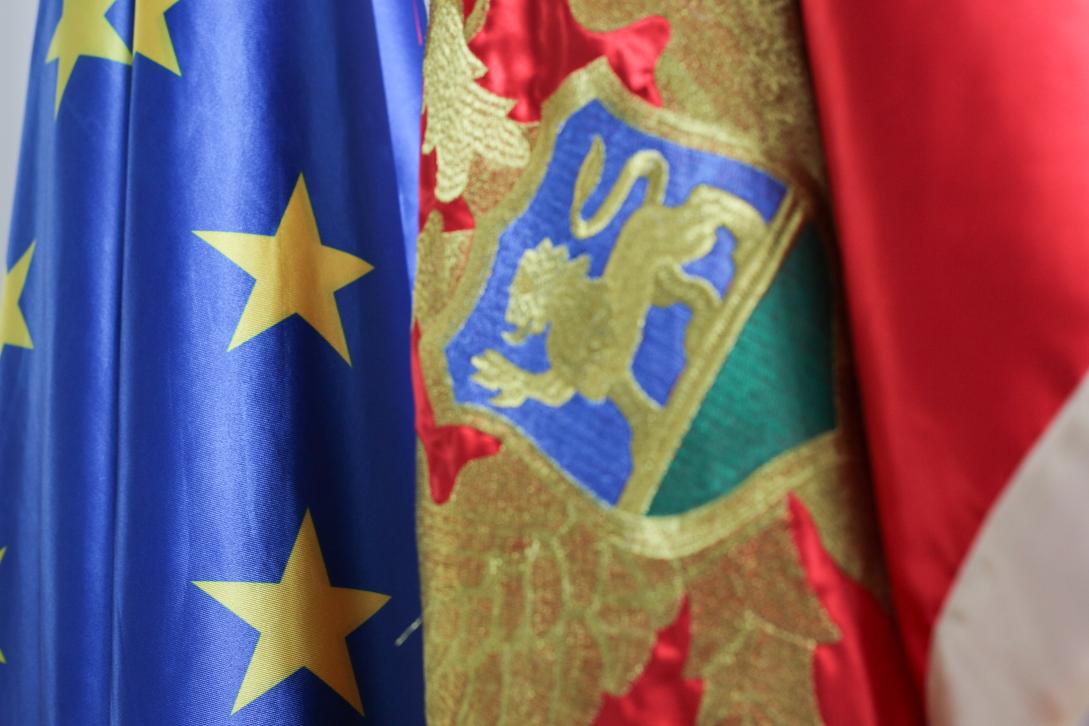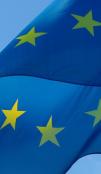EU ANNUAL REPORT ON HUMAN RIGHTS AND DEMOCRACY IN THE WORLD - MONTENEGRO 2022 UPDATE

1. Overview of the human rights and democracy situation: The legislative and institutional framework is largely in place and is broadly in line with the relevant international and European standards. However, additional efforts remain needed to implement it fully. The increased political and societal polarisation and division affected specifically the most vulnerable groups in society (including Roma and Egyptians, persons with disabilities, LGBTI persons), who were increasingly subjected to discrimination, hate speech and hate crime. An increased number of femicides with insufficient follow up by the authorities, publicly expressed misogyny, gender-based violence and violence against children remained issues of serious concern. Montenegro needs to improve its legal and institutional framework to increase the protection against domestic violence, discrimination, hate crimes and hate speech. Montenegro must ensure access to justice and the enforcement of rights in administrative and judicial proceedings in particular for vulnerable groups. On freedom of expression, Montenegro improved its legal framework on the protection of journalists and other media workers, through the adoption of a set of amendments to the Criminal Code providing more stringent penalties in cases of violence against them.
In 2022, the authorities’ political commitment to the strategic goal of EU integration and their ambition to move forward in the accession negotiations based on continuing reform progress were consistently stated as the country’s key priority. However, the year was marked by continuous political tensions, polarisation, the absence of constructive engagement between political parties and the failure to build consensus on key matters of national interest and caused two fractious governments to fall on votes of no-confidence. The proper functioning of Montenegrin institutions was affected by political volatility, government instability and tensions within the ruling majority, stalling decision-making processes and reform
implementation. The main judicial bodies, including the Constitutional Court, continued to operate in an incomplete composition due to the Parliament’s inability to elect new members, thus undermining their proper functioning.
For more information, please refer to the European Commission’s Montenegro Report 2022 (europa.eu)
2. EU action - key focus areas: Media freedom and freedom of speech was a key focus area of EU action in 2022, including the protection of journalists and other media workers. The protection of minorities and the continued improvement of the legal framework for the protection of the rights of LGBTI persons continued to be areas of focus. In addition, building a more democratic society remained in focus through support to electoral reforms in the country and to more transparent spending of public funds during the election campaigns. The EU’s action in Montenegro continued to focus on the key areas described in the interim benchmarks of Chapter 23 – judiciary and fundamental rights – of the accession negotiations. The interim benchmarks on fundamental rights relate to the alignment with the EU acquis and international standards on the strengthening of effective application of human rights, procedural safeguards, the protection of minorities and cultural rights, protection against racism and xenophobia and data protection.
3. EU bilateral political engagement: The EU continued to monitor closely the respect for human rights in Montenegro within the framework of the EU accession negotiations, in particular under Chapter 23 – Judiciary and fundamental rights. There is a regular policy dialogue at technical and political levels, including in the framework of the Stabilisation and Association Agreement. Such dialogue draws from monitoring of the implementation of the action plan for Chapter 23, as well as the interim benchmarks, regular peer reviews, EU funded projects, and engagement with international organisations and civil society.
4. EU financial engagement: In 2022, financial support was provided to EU human rights priorities. Bilateral funding in the sector through the 2018 Instrument for Pre-Accession Assistance (IPA) had a focused budget of EUR 1.5 Million (700 000 was not contracted) within the wider EUR 13.5 million Rule of Law programme. Targeted IPA actions to support gender equality included the Communicating Gender Equality project implemented by UNDP (EUR 200 000) and completed by the end of 2022. This assisted various administrations to develop guidelines for gender mainstreaming, including the media regulator. The regional project on ‘Implementing norms, changing minds’, implemented by UN Women continued to support women’s CSOs working with victims of gender-based violence. Under the IPA Civil Society Facility, four grant contracts (nearly EUR 1 million) were implemented to respond to the post COVID-19 context and its impact on the most vulnerable groups. The implementation of five projects (EIDHR 2020 envelope of EUR 800 000) was ongoing in 2022. Topics range from trial monitoring, equality before the law, to the protection of vulnerable groups such as elderly, children in institutions and Roma. In December 2022, one grant contract of EUR 500 000 was awarded from the 2021 envelope of the NDICI Thematic Programme on Human Rights and Democracy covering the protection of the human rights defenders and the rights of vulnerable groups including sub-granting. The EU/Council of Europe Horizontal Facility for the Western Balkans and Turkey – Phase II, funded through IPA, continued its implementation in 2022 with the same focus on the alignment with European human rights standards in the area of procedural rights, freedom of expression, anti-discrimination, and prevention of torture and ill-treatment.
5. Multilateral context: Montenegro continued its dialogue and cooperation with national, European and international human rights organisations and monitoring bodies, including the United Nations' bodies and the Council of Europe. Montenegro continued to fully align itself with EU statements on human rights in multilateral fora, including EU restrictive measures following Russia’s unprovoked aggression against Ukraine, its vocal support for EU initiatives at the UN in response to this aggression, as well as for international law and a rules-based international order. Montenegro’s tenure as a member of the UN Human Rights Council started on 1 January 2022. Montenegro continued to fully align with the EU’s foreign and security policy.
In May 2022 the UN Committee against Torture concluded that Montenegro had only partially implemented its 2014 recommendations on ensuring or strengthening legal safeguards for detainees, conducting prompt, impartial and effective investigations, and prosecuting suspects and sanctioning perpetrators of torture or ill treatment. In June 2022, the European Committee for the Prevention of Torture and Inhuman or Degrading Treatment carried out an ad hoc visit to Montenegro.
Read the entire Report here.





